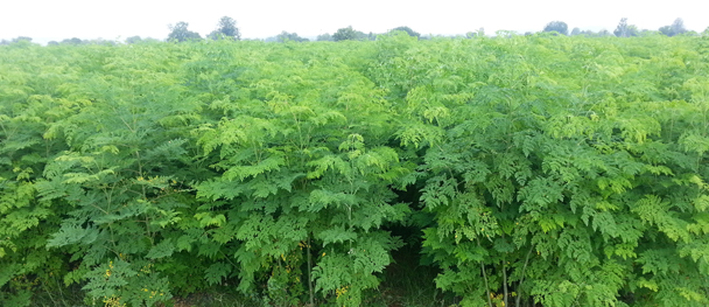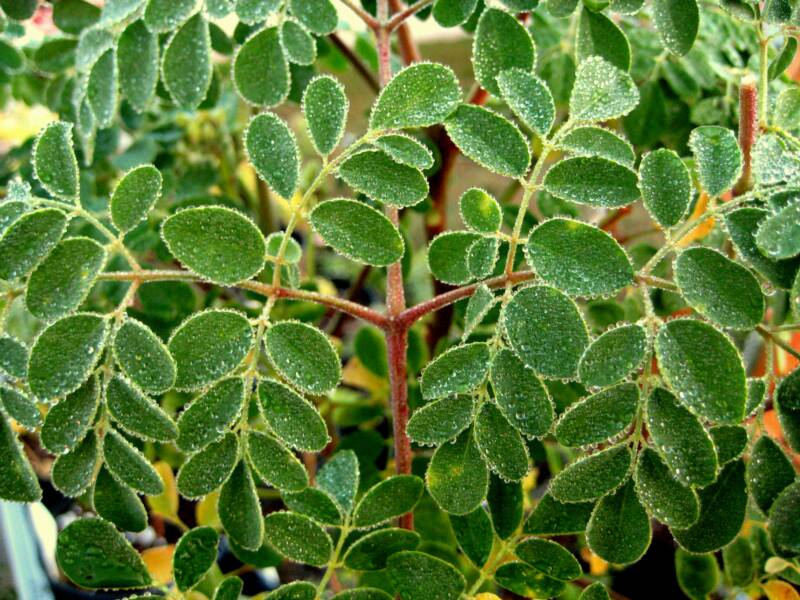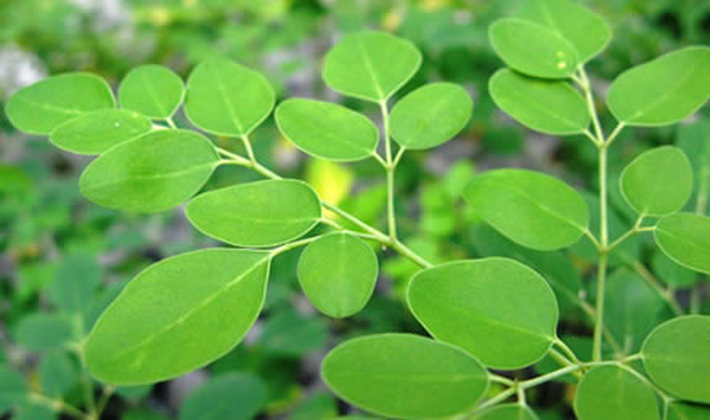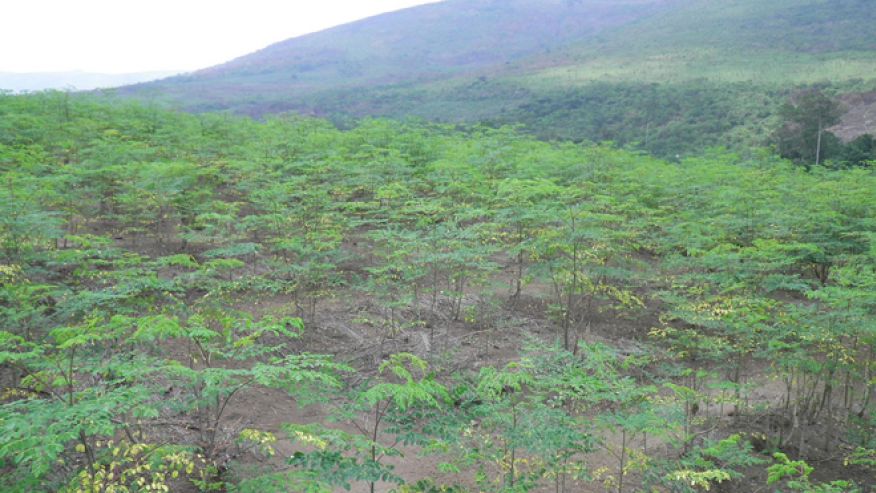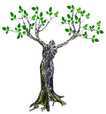MORINGA SUPER FOOD
Moringa is a plant that is native to the sub-Himalayan areas of India, Pakistan, Bangladesh, and Afghanistan. It is also grown in the tropics. The leaves, bark, flowers, fruit, seeds, and root are used to make medicine.
Moringa is used for “tired blood” (anemia); arthritis and other joint pain (rheumatism); asthma; cancer; constipation; diabetes; diarrhea; epilepsy; stomach pain; stomach and intestinal ulcers; intestinal spasms; headache; heart problems; high blood pressure; kidney stones; fluid retention; thyroid disorders; and bacterial, fungal, viral, and parasitic infections.
Moringa is also used to reduce swelling, increase sex drive (as an aphrodisiac), prevent pregnancy, boost the immune system, and increase breast milk production. Some people use it as a nutritional supplement or tonic.
Moringa is sometimes applied directly to the skin as a germ-killer or drying agent (astringent). It is also used topically for treating pockets of infection (abscesses), athlete’s foot, dandruff, gum disease (gingivitis), snakebites, warts, and wounds.
Oil from moringa seeds is used in foods, perfume, and hair care products, and as a machine lubricant.
Moringa is an important food source in some parts of the world. Because it can be grown cheaply and easily, and the leaves retain lots of vitamins and minerals when dried, moringa is used in India and Africa in feeding programs to fight malnutrition. The immature green pods (drumsticks) are prepared similarly to green beans, while the seeds are removed from more mature pods and cooked like peas or roasted like nuts. The leaves are cooked and used like spinach, and they are also dried and powdered for use as a condiment.
The seed cake remaining after oil extraction is used as a fertilizer and also to purify well water and to remove salt from seawater.
How does it work?
Moringa contains proteins, vitamins, and minerals. As an antioxidant, it seems to help protect cells from damage.
http://www.webmd.com/vitamins-supplements/ingredientmono-1242-moringa.aspx?activeingredientid=1242&activeingredientname=moringa
Moringa is a plant that is native to the sub-Himalayan areas of India, Pakistan, Bangladesh, and Afghanistan. It is also grown in the tropics. The leaves, bark, flowers, fruit, seeds, and root are used to make medicine.
Moringa is used for “tired blood” (anemia); arthritis and other joint pain (rheumatism); asthma; cancer; constipation; diabetes; diarrhea; epilepsy; stomach pain; stomach and intestinal ulcers; intestinal spasms; headache; heart problems; high blood pressure; kidney stones; fluid retention; thyroid disorders; and bacterial, fungal, viral, and parasitic infections.
Moringa is also used to reduce swelling, increase sex drive (as an aphrodisiac), prevent pregnancy, boost the immune system, and increase breast milk production. Some people use it as a nutritional supplement or tonic.
Moringa is sometimes applied directly to the skin as a germ-killer or drying agent (astringent). It is also used topically for treating pockets of infection (abscesses), athlete’s foot, dandruff, gum disease (gingivitis), snakebites, warts, and wounds.
Oil from moringa seeds is used in foods, perfume, and hair care products, and as a machine lubricant.
Moringa is an important food source in some parts of the world. Because it can be grown cheaply and easily, and the leaves retain lots of vitamins and minerals when dried, moringa is used in India and Africa in feeding programs to fight malnutrition. The immature green pods (drumsticks) are prepared similarly to green beans, while the seeds are removed from more mature pods and cooked like peas or roasted like nuts. The leaves are cooked and used like spinach, and they are also dried and powdered for use as a condiment.
The seed cake remaining after oil extraction is used as a fertilizer and also to purify well water and to remove salt from seawater.
How does it work?
Moringa contains proteins, vitamins, and minerals. As an antioxidant, it seems to help protect cells from damage.
http://www.webmd.com/vitamins-supplements/ingredientmono-1242-moringa.aspx?activeingredientid=1242&activeingredientname=moringa
The Healing Powers of Moringa
By Chris Kilham / Fox News
In a remote valley of Congo, on a farm with splendid views of lush green mountains, I stand amidst a plantation of young moringa trees. The green leaves glisten in the African sun, the seed pods hang in curls. I pull a tender young leaf and chew on it, enjoying the fresh, pleasing taste. The Belgian couple growing this crop plans to cash in on an up-and-coming trend and their timing appears to be just right.
Over the past few years, a botanical new to the U.S. and European markets has been making impressive gains in popularity, due to its broad traditional benefits and emerging supportive science. That plant, moringa oleifera, is native to northern India, Pakistan, the Himalayan region, Africa and Arabia, but is now cultivated more widely throughout the tropics. The young plantation I have visited in Congo is one such cultivation project.
Also known as drumstick tree or horseradish tree, moringa trees grow quickly, reaching a height of between 15 and 30 feet within just a few years. The leaves, fruit flowers and immature pods of the tree are eaten as nutritious foods. The leaves in particular are consumed either raw in salads, tossed into blender drinks, or steamed like spinach. Rich in protein, beta-carotene, vitamin C, potassium and calcium, the leaves make an excellent green vegetable, and are pleasing in flavor.
But beyond the flavor and nutrition, moringa offers healing benefits. Virtually all parts of the plant are used to treat inflammation, infectious disorders, and various problems of the cardiovascular and digestive organs, while improving liver function and enhancing milk flow in nursing mothers. The uses of moringa are well documented in both the Ayurvedic and Unani systems of traditional medicine, among the most ancient healing systems in the world.
Moringa is rich in a variety of health-enhancing compounds, including moringine, moringinine, the potent antioxidants quercetin, kaempferol, rhamnetin, and various polyphenols. The leaves seem to be getting the most market attention, notably for their use in reducing high blood pressure, eliminating water weight, and lowering cholesterol.
Studies show that moringa leaves possess anti-tumor and anti-cancer activities, due in part to a compound called niaziminin. Preliminary experimentation also shows activity against the Epstein-Barr virus. Compounds in the leaf appear to help regulate thyroid function, especially in cases of over-active thyroid. Further research points to anti-viral activity in cases of Herpes simplex 1.
Now that moringa is emerging as a popular supplement for health enhancement, the science on this plant is accelerating. The glucose-modifying, anti-diabetic effects of moringa may prove of great use amidst a virtual epidemic of Type 2 diabetes and obesity. The liver-protective activities of the leaf and its extracts could make it a staple component of bitters formulas and various cleansing preparations. And ongoing work on the anti-cancer properties of moringa may at some point earn this plant a role in chemotherapy.
In the traditional medicinal systems of many cultures, plants with long uses and benefits remain to be discovered. Moringa oleifera, unknown in the market just ten years ago, is surging into greater popularity due to its multiple health benefits and nutritious value as a food. Also known colloquially as “miracle tree,” moringa is a valuable plant medicine, and deserves a place in the home pharmacy.
Chris Kilham is a medicine hunter who researches natural remedies all over the world, from the Amazon to Siberia. He teaches ethnobotany at the University of Massachusetts Amherst, where he is Explorer In Residence. Chris advises herbal, cosmetic and pharmaceutical companies and is a regular guest on radio and TV programs worldwide. His field research is largely sponsored by Naturex of Avignon, France. Read more at MedicineHunter.com.
By Chris Kilham / Fox News
In a remote valley of Congo, on a farm with splendid views of lush green mountains, I stand amidst a plantation of young moringa trees. The green leaves glisten in the African sun, the seed pods hang in curls. I pull a tender young leaf and chew on it, enjoying the fresh, pleasing taste. The Belgian couple growing this crop plans to cash in on an up-and-coming trend and their timing appears to be just right.
Over the past few years, a botanical new to the U.S. and European markets has been making impressive gains in popularity, due to its broad traditional benefits and emerging supportive science. That plant, moringa oleifera, is native to northern India, Pakistan, the Himalayan region, Africa and Arabia, but is now cultivated more widely throughout the tropics. The young plantation I have visited in Congo is one such cultivation project.
Also known as drumstick tree or horseradish tree, moringa trees grow quickly, reaching a height of between 15 and 30 feet within just a few years. The leaves, fruit flowers and immature pods of the tree are eaten as nutritious foods. The leaves in particular are consumed either raw in salads, tossed into blender drinks, or steamed like spinach. Rich in protein, beta-carotene, vitamin C, potassium and calcium, the leaves make an excellent green vegetable, and are pleasing in flavor.
But beyond the flavor and nutrition, moringa offers healing benefits. Virtually all parts of the plant are used to treat inflammation, infectious disorders, and various problems of the cardiovascular and digestive organs, while improving liver function and enhancing milk flow in nursing mothers. The uses of moringa are well documented in both the Ayurvedic and Unani systems of traditional medicine, among the most ancient healing systems in the world.
Moringa is rich in a variety of health-enhancing compounds, including moringine, moringinine, the potent antioxidants quercetin, kaempferol, rhamnetin, and various polyphenols. The leaves seem to be getting the most market attention, notably for their use in reducing high blood pressure, eliminating water weight, and lowering cholesterol.
Studies show that moringa leaves possess anti-tumor and anti-cancer activities, due in part to a compound called niaziminin. Preliminary experimentation also shows activity against the Epstein-Barr virus. Compounds in the leaf appear to help regulate thyroid function, especially in cases of over-active thyroid. Further research points to anti-viral activity in cases of Herpes simplex 1.
Now that moringa is emerging as a popular supplement for health enhancement, the science on this plant is accelerating. The glucose-modifying, anti-diabetic effects of moringa may prove of great use amidst a virtual epidemic of Type 2 diabetes and obesity. The liver-protective activities of the leaf and its extracts could make it a staple component of bitters formulas and various cleansing preparations. And ongoing work on the anti-cancer properties of moringa may at some point earn this plant a role in chemotherapy.
In the traditional medicinal systems of many cultures, plants with long uses and benefits remain to be discovered. Moringa oleifera, unknown in the market just ten years ago, is surging into greater popularity due to its multiple health benefits and nutritious value as a food. Also known colloquially as “miracle tree,” moringa is a valuable plant medicine, and deserves a place in the home pharmacy.
Chris Kilham is a medicine hunter who researches natural remedies all over the world, from the Amazon to Siberia. He teaches ethnobotany at the University of Massachusetts Amherst, where he is Explorer In Residence. Chris advises herbal, cosmetic and pharmaceutical companies and is a regular guest on radio and TV programs worldwide. His field research is largely sponsored by Naturex of Avignon, France. Read more at MedicineHunter.com.
A plantation of young Moringa trees in Congo. (Chris Kilham)
What is Moringa?
Moringa is more than a super food. It is a food and commercial resource that can change peoples lives. There are many serious social workers, NGO’s, missionaries, doctors and research scientists and just regular people that are realizing and exploiting it’s potential for alleviating suffering around the world, taking advantage of its rapid growth and outstanding nutritional profile to improve lives. Moringa Farms is allied with many of these individuals or groups with the aim of making more people aware of its many beneficial effects.
Read More
Moringa Farm in the USA
Moringa Farms, Inc. are specialists in the Moringa business in the USA. They focus is primarily on the moringa oleifera tree. They have the most experience in the sales and growing of Moringa products. They also offer some other super foods to complement this remarkable tree.
You can learn how to grow your own Moringa trees and gain from our experience in planting this remarkable resource. / http://moringafarms.com/growing-moringa/
Moringa Farms, Inc. / USA
PO Box 55444
Sherman Oaks, CA 91413
Tel: 818.995.1185 | Fax: 818.995.1127
[email protected]
_______________________________________________________________________________
ORGANIC MORINGA PRODUCTS: http://miracletrees.org/buy-moringa-products.html
_______________________________________________________________________________
Moringa is more than a super food. It is a food and commercial resource that can change peoples lives. There are many serious social workers, NGO’s, missionaries, doctors and research scientists and just regular people that are realizing and exploiting it’s potential for alleviating suffering around the world, taking advantage of its rapid growth and outstanding nutritional profile to improve lives. Moringa Farms is allied with many of these individuals or groups with the aim of making more people aware of its many beneficial effects.
Read More
Moringa Farm in the USA
Moringa Farms, Inc. are specialists in the Moringa business in the USA. They focus is primarily on the moringa oleifera tree. They have the most experience in the sales and growing of Moringa products. They also offer some other super foods to complement this remarkable tree.
You can learn how to grow your own Moringa trees and gain from our experience in planting this remarkable resource. / http://moringafarms.com/growing-moringa/
Moringa Farms, Inc. / USA
PO Box 55444
Sherman Oaks, CA 91413
Tel: 818.995.1185 | Fax: 818.995.1127
[email protected]
_______________________________________________________________________________
ORGANIC MORINGA PRODUCTS: http://miracletrees.org/buy-moringa-products.html
_______________________________________________________________________________

